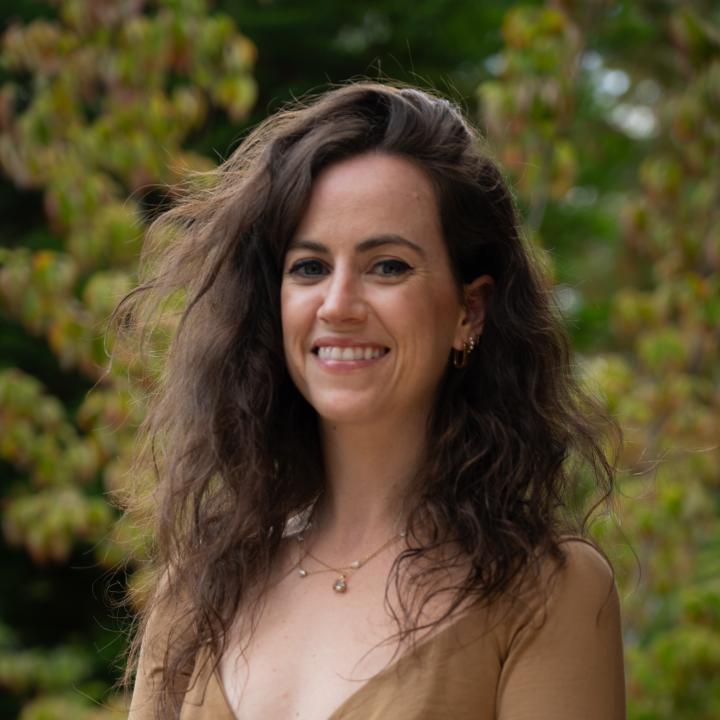Míriam Juan-Torres González
Míriam Juan-Torres González is a multidisciplinary researcher, writer, and public speaker with expertise on authoritarian populism, polarization, and human rights.
She currently works as the Head of Research at OBI's Democracy & Belonging Forum at UC Berkeley, and advisor to Our Common Home. She also worked as a senior researcher for More in Common, where she was the co-author of “Hidden Tribes: A Study of America’s Polarized Landscape” and the lead author of “Britain’s Choice: Common Ground and Division in 2020s Britain” and has worked as an associate professor at the Autonomous University of Barcelona where she teaches courses on human rights and international criminal law. She has also contributed as a consultant to a variety of projects across the globe and is a board member of FundiPau, Foundation for Peace in Catalonia and co-chair of the Board of the Belong Network in the UK.
Míriam has fieldwork experience in Ghana and Colombia, where she worked for the United Nations High Commissioner for Refugees and interned at the UN High Commissioner for Human Rights.
She holds a master in Global Affairs from Yale University and a law degree from the Universitat Autonoma de Barcelona.



